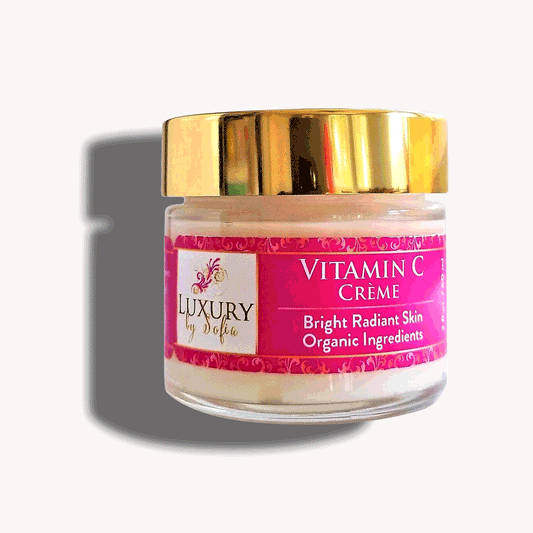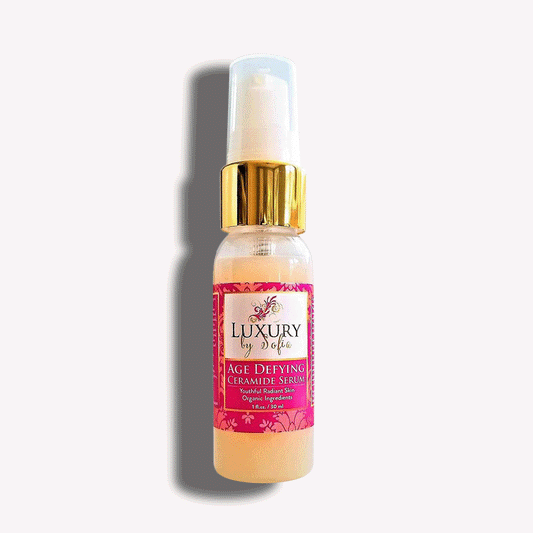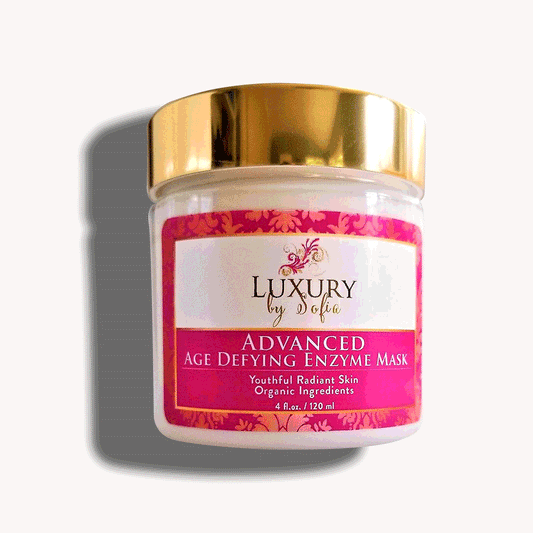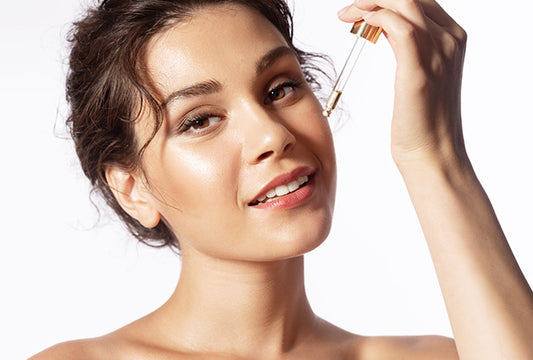Acne is one of the most common skin conditions that affects people of all ages and backgrounds. While it is often associated with hormonal changes during adolescence, acne can also appear in adulthood due to factors such as stress, diet, and genetics. Managing acne-prone skin can be challenging, but with the right strategies, it is possible to keep your skin looking spotless and blemish-free. In this blog post, we will share some tips for managing acne-prone skin.
Understanding Acne
Before we dive into the strategies for managing acne-prone skin, it's important to understand what acne is and why it happens. Acne occurs when pores in the skin become clogged with oil, dead skin cells, and bacteria. This leads to the formation of pimples, blackheads, and whiteheads.
Try Now: All Organic Acne Relief
Strategies For Managing Acne-Prone Skin
-
Cleanse your skin regularly: Cleansing your skin is an essential step in managing acne-prone skin. Use a gentle cleanser to remove excess oil and dirt from your skin without stripping it of its natural oils. Avoid harsh scrubs or exfoliants that can irritate the skin and exacerbate acne.
-
Moisturize: It may sound counterintuitive, but moisturizing your skin can actually help to manage acne. When your skin is dry, it produces more oil to compensate, which can lead to clogged pores and breakouts. Use a lightweight, oil-free moisturizer to keep your skin hydrated and balanced.
-
Use non-comedogenic products: Non-comedogenic products are specifically formulated not to clog pores. Look for products that are labeled as non-comedogenic, including makeup, sunscreen, and other skincare products.
-
Avoid touching your face: This is a crucial step in managing acne-prone skin. Touching your face can transfer bacteria and oils from your hands to your skin, leading to breakouts.
-
Watch your diet: While there is no conclusive evidence linking diet and acne, some studies suggest that certain foods may contribute to acne. Monitor your diet and see if certain foods lead to breakouts. Common culprits include dairy, sugar, and processed foods.
-
Be gentle with your skin: Avoid scrubbing your skin vigorously or using hot water, as this can irritate your skin and exacerbate acne. Instead, use lukewarm water and gentle, circular motions when washing your face.
-
Consider seeing a dermatologist: If your acne is severe or persistent, consider seeing a dermatologist. They can prescribe medication or recommend treatments such as chemical peels or laser therapy to manage acne.
Final Thoughts
Managing acne-prone skin can be challenging, but with the right strategies, it is possible to keep your skin looking spotless and blemish-free. Remember to be gentle with your skin, avoid touching your face, and use non-comedogenic products. If your acne is severe or persistent, don't hesitate to consult a dermatologist for more advanced treatments. With patience and perseverance, you can achieve the clear, radiant skin you deserve.














